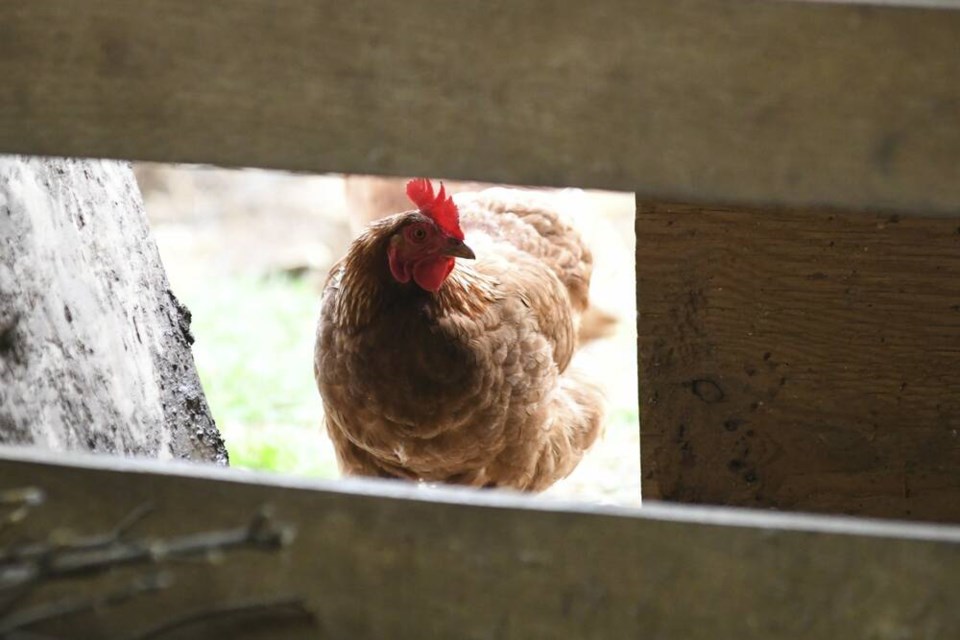Vancouver Island has it first case of avian flu.
A small poultry flock in the Comox Valley has tested positive for the highly pathogenic or disease-causing H5N1 avian influenza virus.
The Canadian Food Inspection Agency confirmed the positive cases Wednesday and placed the infected premises under quarantine. The Ministry of Agriculture also notified producers within a 12-kilometre radius about the positive test results.
To date, seven small or backyard flocks have contracted the virus across British Columbia, likely through contact with infected migrating wild birds.
The province is urging owners of small or backyard flocks to continue to be vigilant and have appropriate preventative measures in place.
The Island’s largest poultry and egg producers have had strict measures in place for more than a month.
Anyone with poultry is being urged to eliminate or reduce opportunities for poultry to encounter wild birds, reduce human access to the flock and increase cleaning, disinfection and sanitization of everything, including clothing and footwear, when entering areas where flocks are housed.
Since April, small or backyard poultry flocks have tested positive for avian influenza in Kelowna, Richmond, Armstrong and the central Kootenays.
The Agriculture Ministry says it’s working closely with the CFIA and B.C. poultry producers to ensure enhanced prevention and preparedness measures are in place to protect poultry flocks.
The first confirmation of H5N1 in B.C. poultry was at a commercial producer in the Regional District of North Okanagan in mid-April.
A general order requiring commercial poultry producers with 100 or more birds to keep birds indoors has been extended until June 13.
Avian influenza is a federally regulated disease and the CFIA leads the investigation and response, with provincial support for testing, mapping, surveillance and disposal.
Wild birds have also tested positive for H5 strains of avian influenza in or near 100 Mile House, Bowen Island, Chilliwack, Kelowna, Metro Vancouver, Vanderhoof and Williams Lake.
The Wild Bird Mortality Investigation Program toll-free hotline, 1 866 431-2473, accepts reports of dead wild birds from the public.



